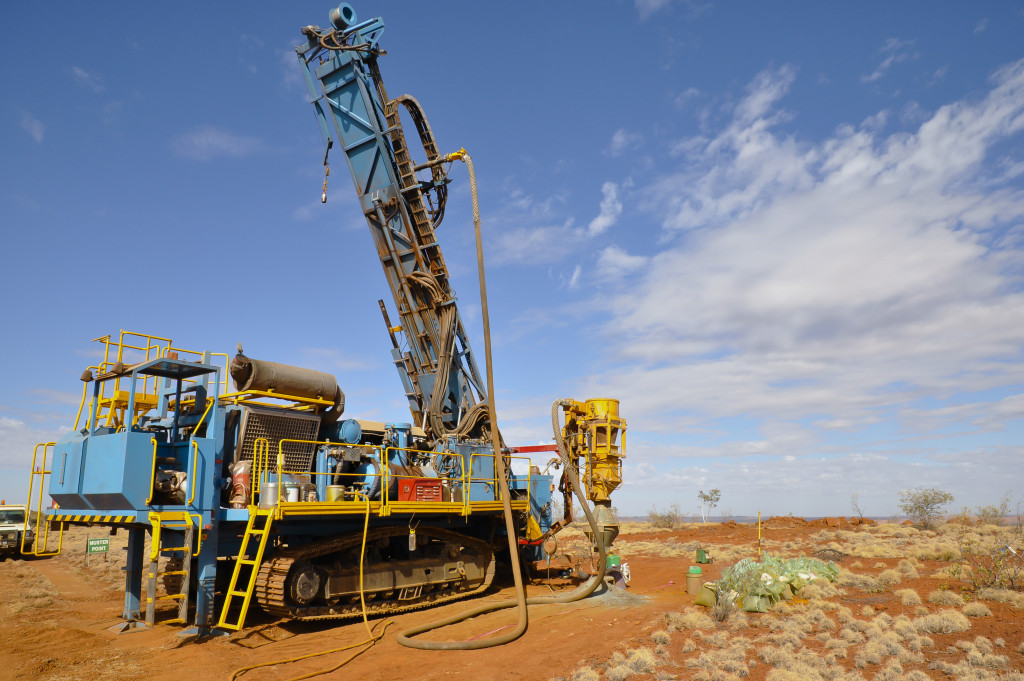Mining companies significantly impact the environment and local communities where they operate. As such, they must adopt sustainable practices to minimize their negative impact. This article will discuss some sustainable practices mining companies should adopt.
Sustainable Water Management
Dredging is a mining process involving removing sediment and other material from the bottom of water bodies such as lakes, rivers, and oceans. Mining companies need to adopt sustainable dredging practices to minimize the environmental impact of dredging. This includes using a specialized dredging boat to minimize the release of pollutants such as dredged sediment, oil, and gas. In addition, sustainable dredging practices also involve creating dredged material management plans that address how dredged sediment will be disposed of in a way that minimizes environmental impact.
Waste Management and Recycling
Waste management is the process of handling, storing, and disposing of waste in a way that minimizes negative environmental impacts. This includes reducing the amount of waste generated, recycling or reusing waste materials, and safely disposing of any remaining waste.
Recycling is a key part of waste management, allowing waste materials to be reused instead of sent to landfills. By adopting these practices, mining companies can help to protect the environment and sustainably supply the minerals and metals we rely on.
Use of Renewable Energy
The use of renewable energy is one of the sustainable practices mining companies must adopt. The reputable mining companies adapt to the ever-changing environment and seek to protect it. One way they can do this is by looking for ways to use renewable energy instead of fossil fuels. Using renewables has many advantages, including reducing greenhouse gas emissions, improving energy security, and creating jobs.
In addition, many renewable energy sources, such as wind and solar, have become more cost-competitive with traditional fossil fuels. As a result, there is a growing business case for moving away from fossil fuels and toward renewables. Mining companies that switch to renewables will be better positioned to meet the needs of shareholders, employees, and local communities while protecting the environment.

Community Engagement
Community engagement helps to ensure that local communities are consulted and involved in decisions about mining projects in their area. This consultation helps to ensure that any potential negative impacts of mining are minimized and that any benefits from mining operations go to the community. In addition, community engagement helps to build trust between mining companies and local communities, which is essential for sustainable development.
As society becomes more aware of the need for sustainability, mining companies must adopt sustainable practices such as community engagement. Failure to do so could lead to public opposition and negative publicity, making it difficult for companies to obtain the necessary permits and approvals for their projects.
Biodiversity Conservation
As the world becomes more industrialized, there is an increasing demand for natural resources such as minerals, oil, and gas. This has led to a sharp increase in mining activities around the world. However, mining can have a devastating impact on the environment. It often leads to the destruction of habitat and the loss of biodiversity. As a result, mining companies must adopt sustainable practices that protect the environment. This involves protecting and managing natural habitats so that they can continue to support a diversity of plant and animal life.
Supply Chain Management
Supply chain management is a key sustainable practice for mining companies. In a supply chain, each company is responsible for ensuring the materials it needs are sourced sustainably. This includes sourcing from certified sustainable mines, using conflict-free minerals, and avoiding environmental damage.
Mining companies must also adopt sustainable practices throughout their supply chains, including reducing energy consumption, waste, and water use. By adopting these practices, mining companies can greatly reduce their environmental impact and help create a more sustainable future for our planet.
Responsible Marketing and Communication
As awareness of the need for sustainable practices grows, mining companies are under increasing pressure to adopt responsible marketing and communication strategies. While some companies have been slow to respond to this shift, it is becoming increasingly clear that responsible marketing and communication are essential to maintaining a strong reputation and preserving brand trust.
In an industry where public opinion can quickly turn negative, it is essential for mining companies to proactively engage with stakeholders and address concerns in a transparent and timely manner. Additionally, by adopting responsible marketing and communication practices, mining companies can communicate that they are committed to sustainable development. This commitment can give companies a significant competitive advantage in an increasingly competitive marketplace.
Implementing these sustainable practices will help mining companies operate in a more environmentally responsible manner which will. These practices will also help build trust and goodwill among local communities and improve the company’s overall reputation. To be genuinely successful, mining companies must ensure that these practices are adopted across all aspects of their operations.

